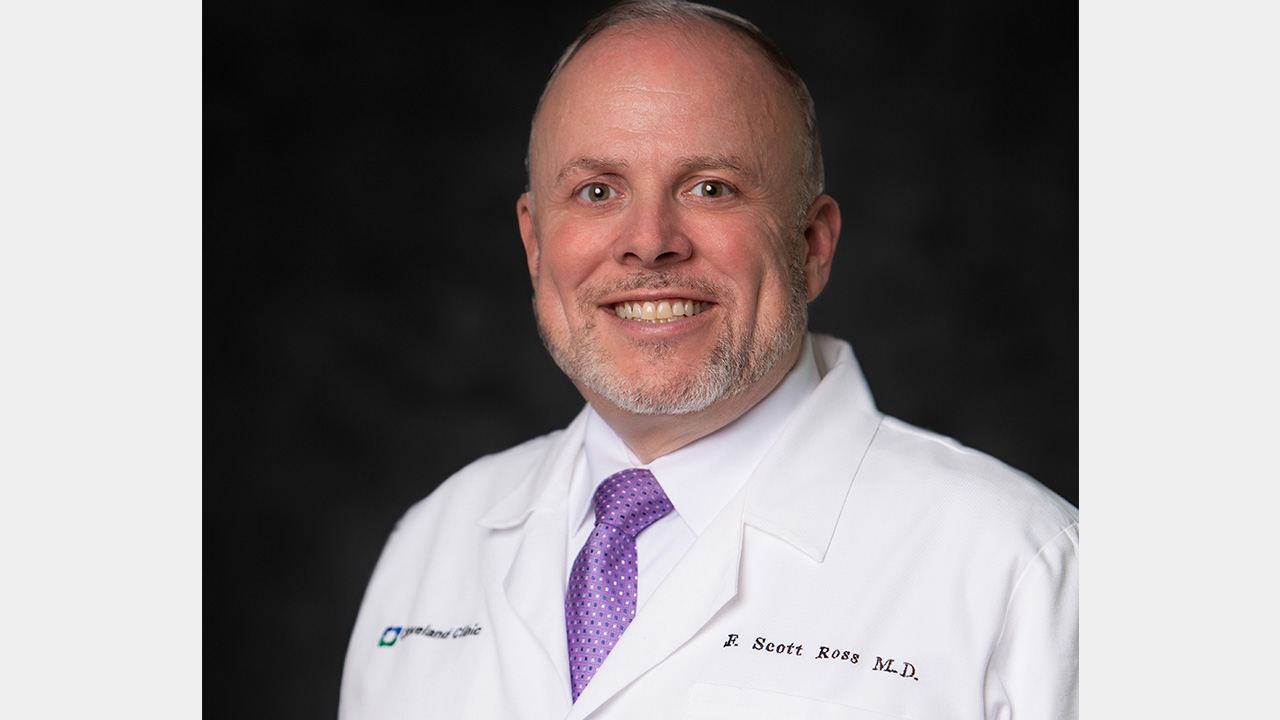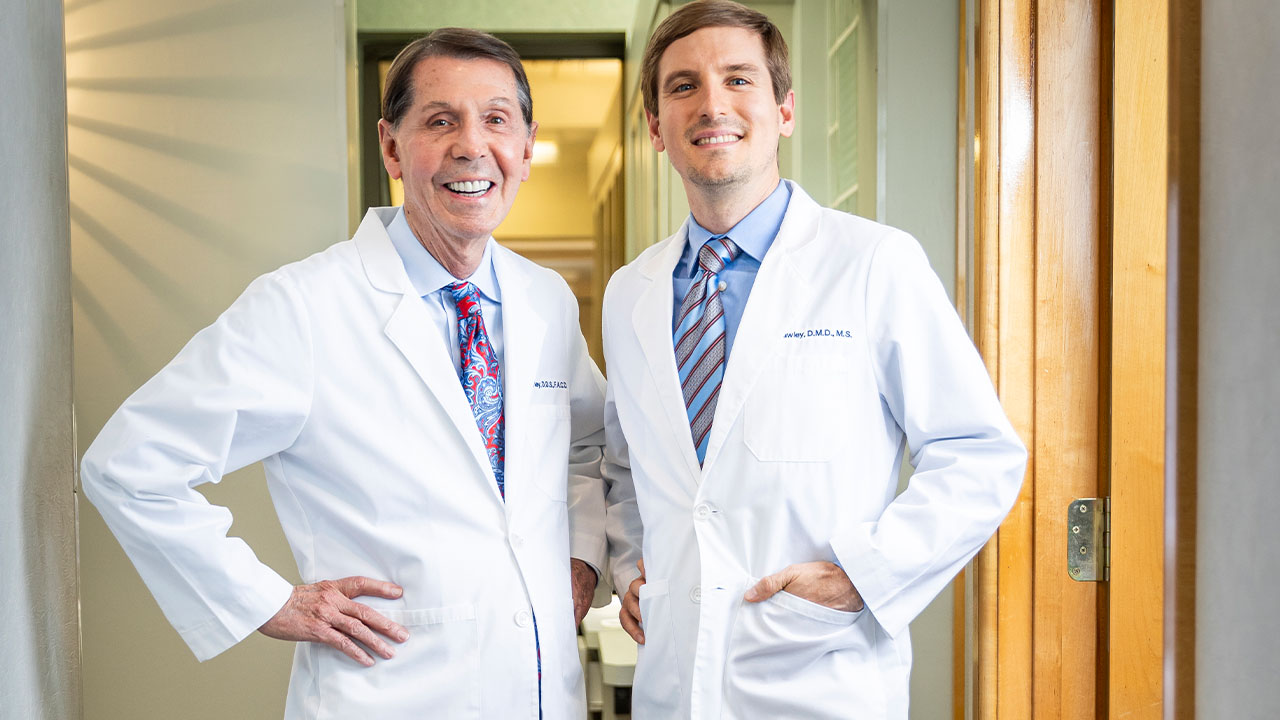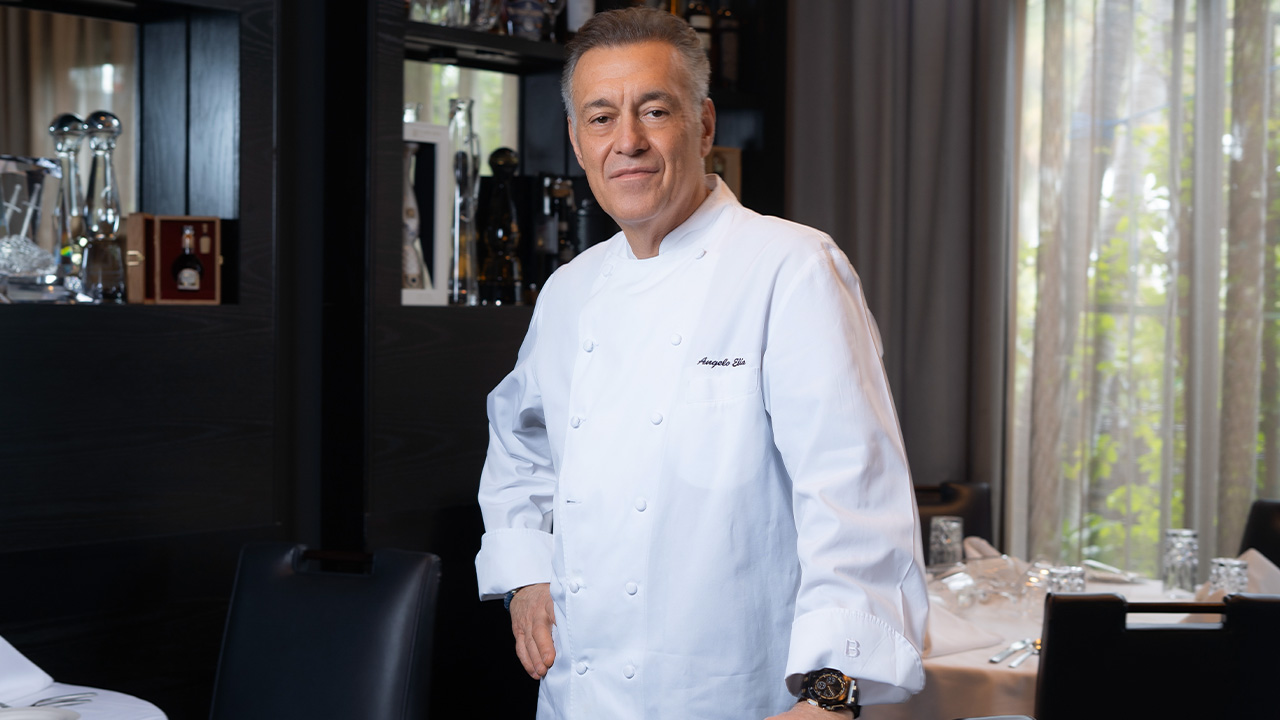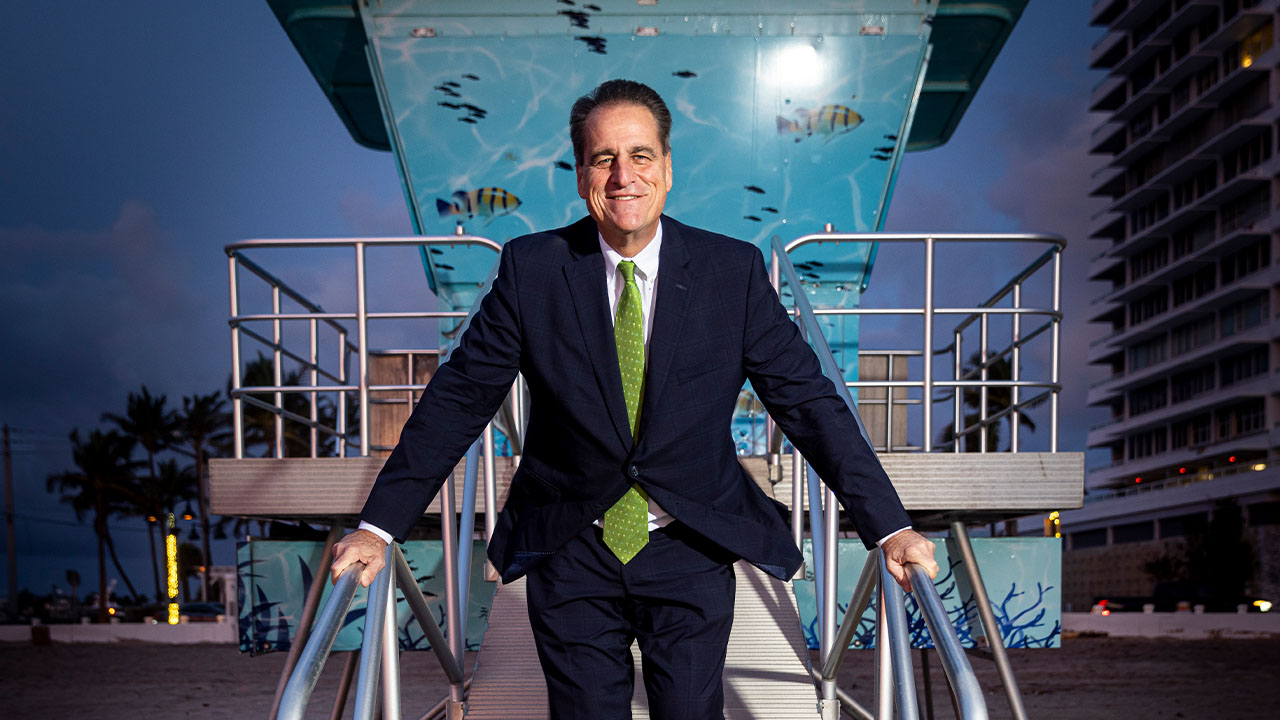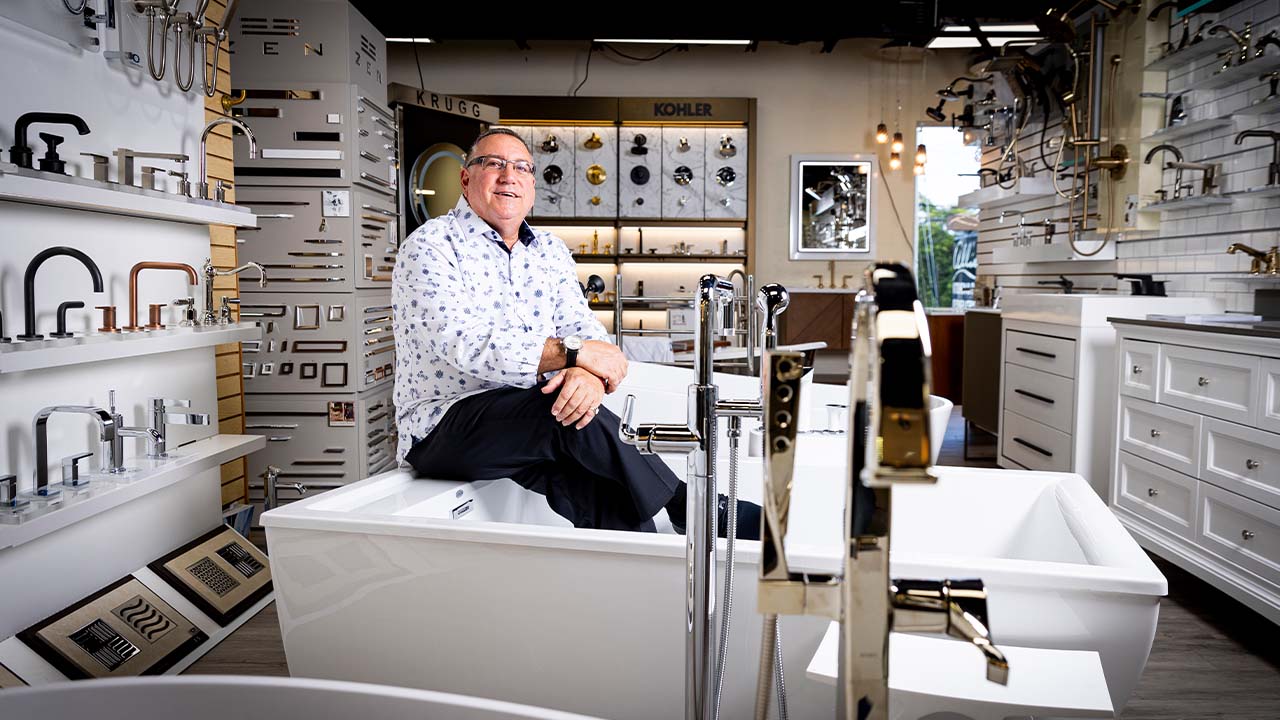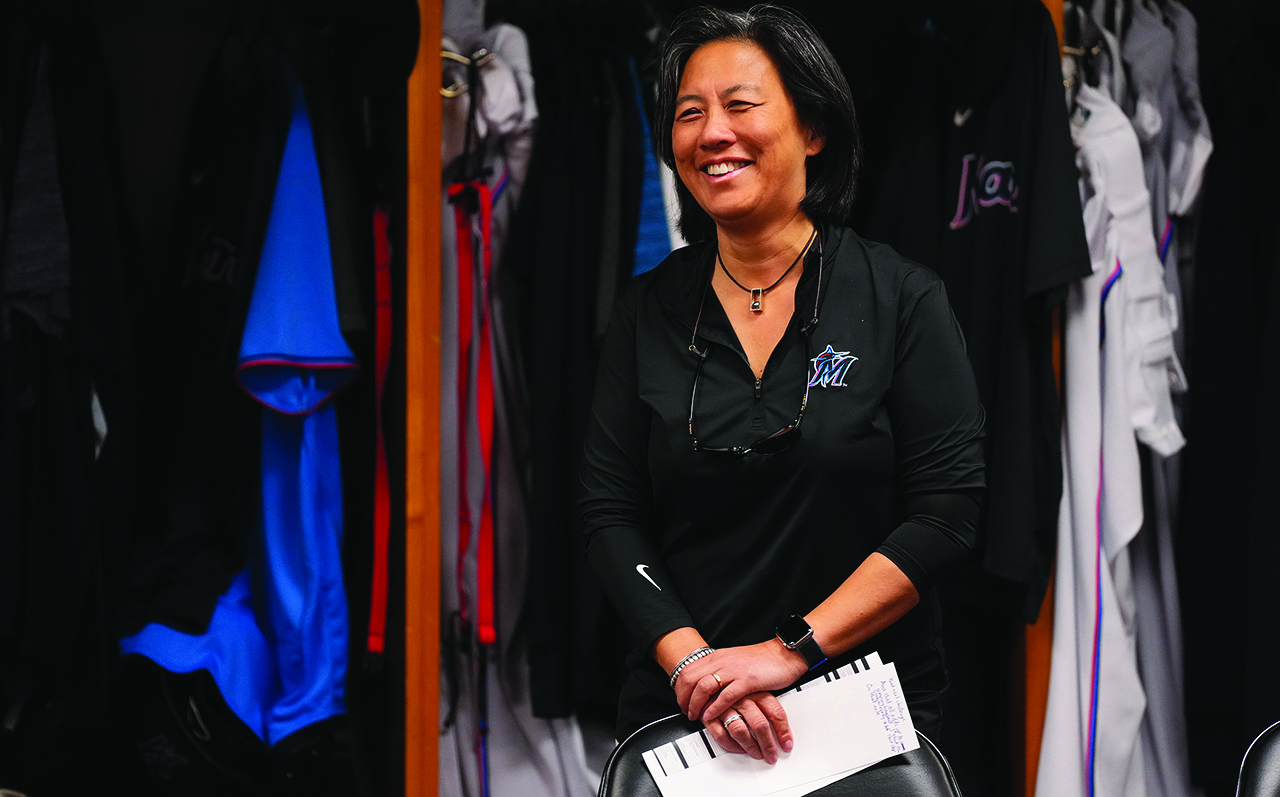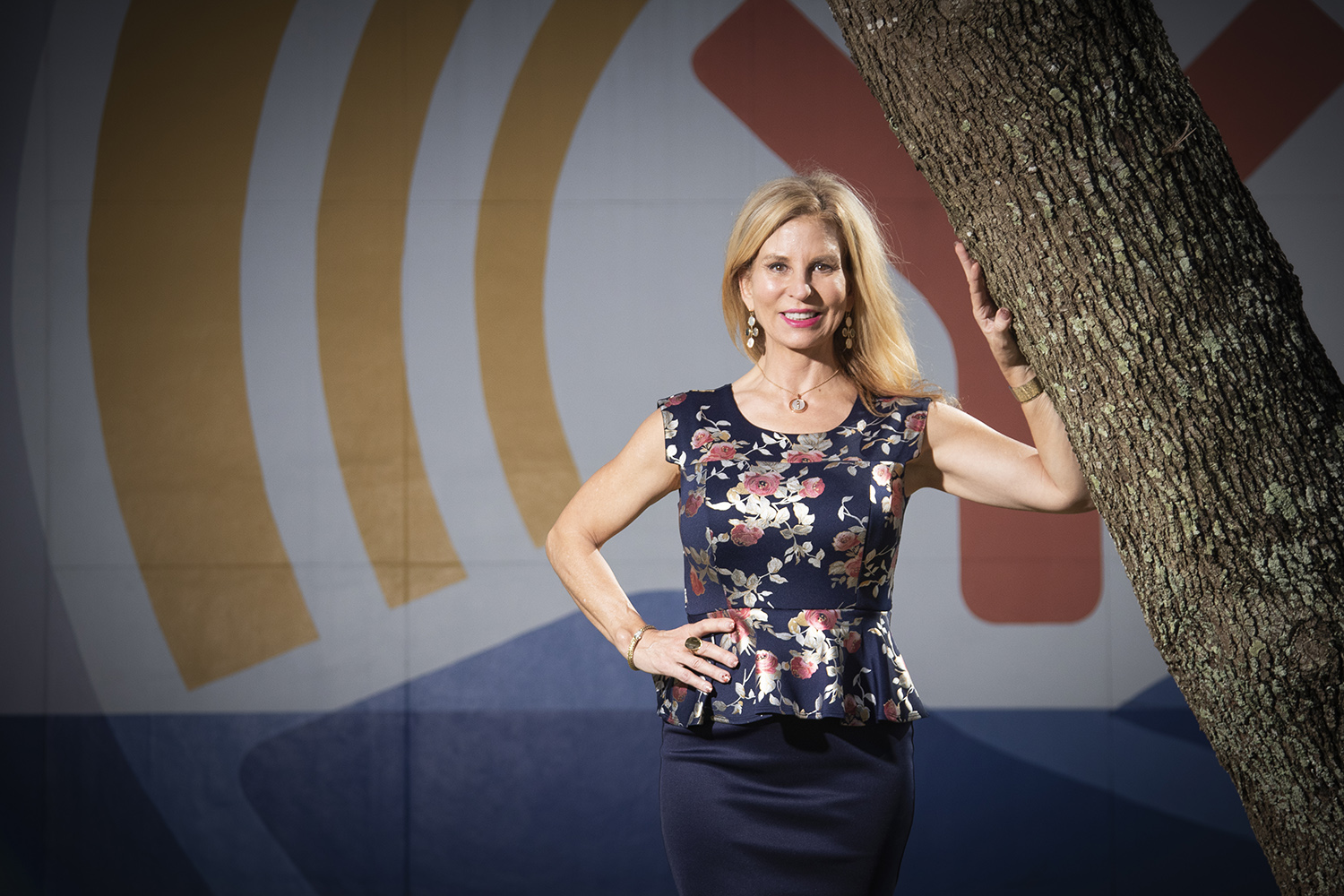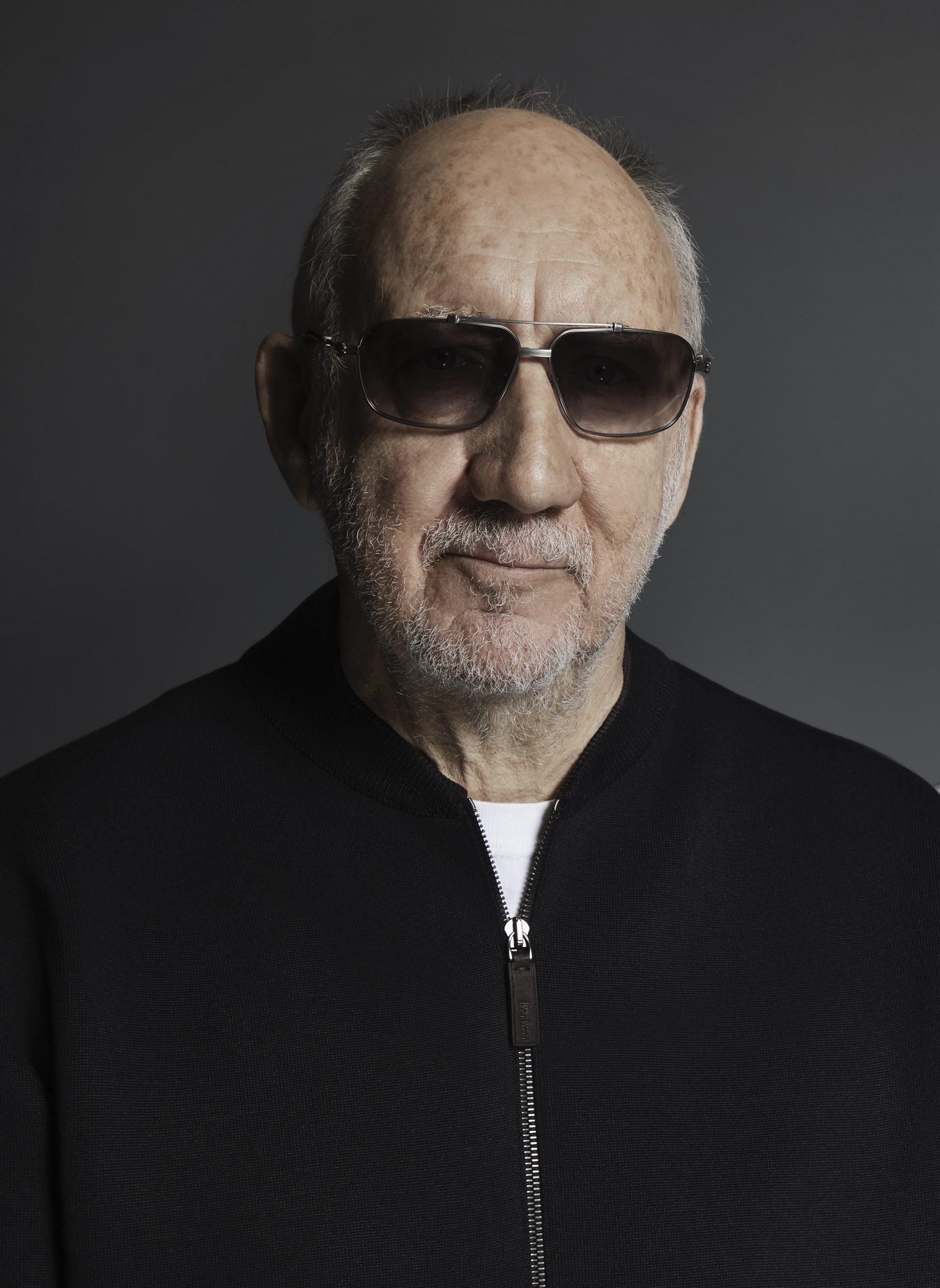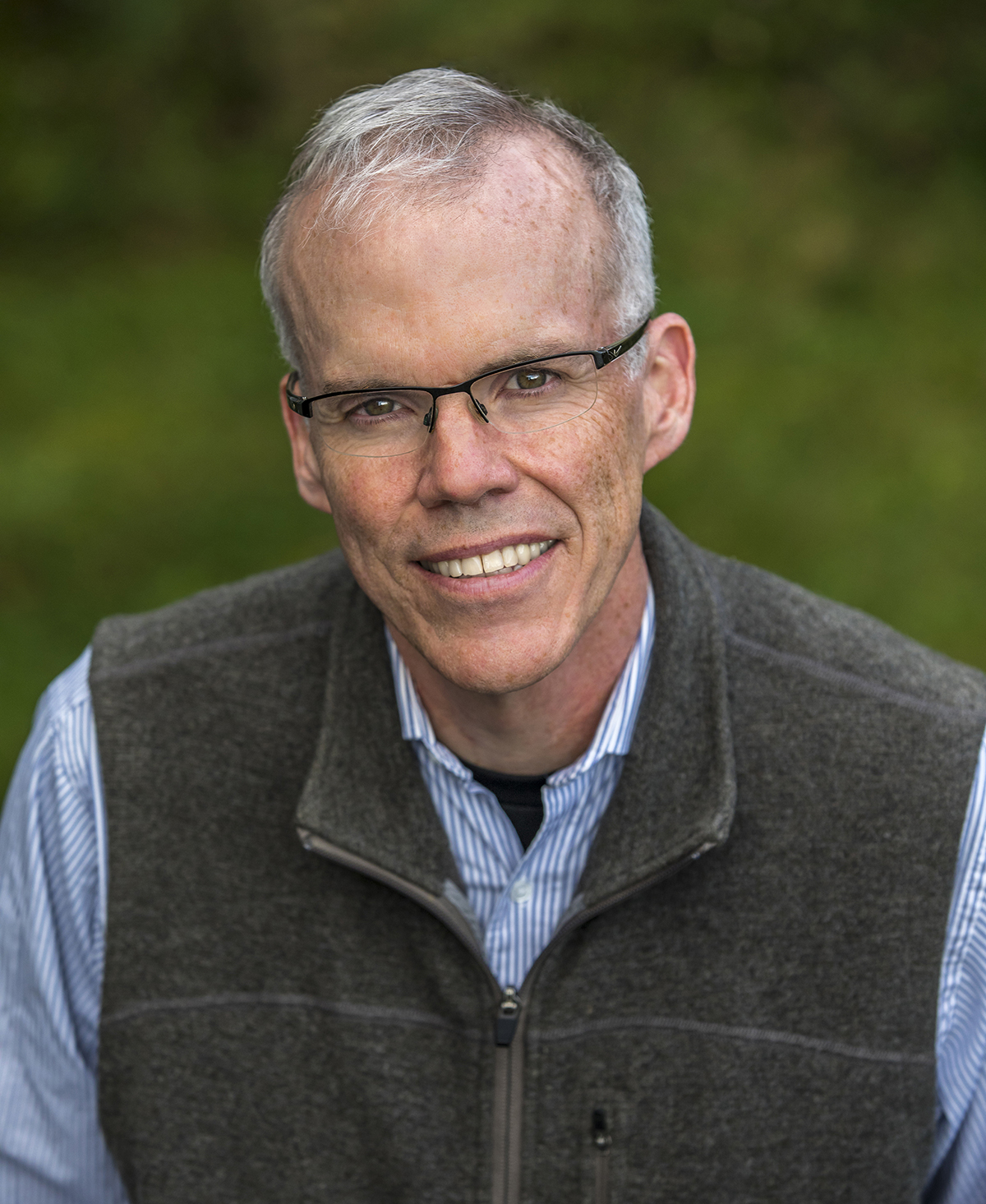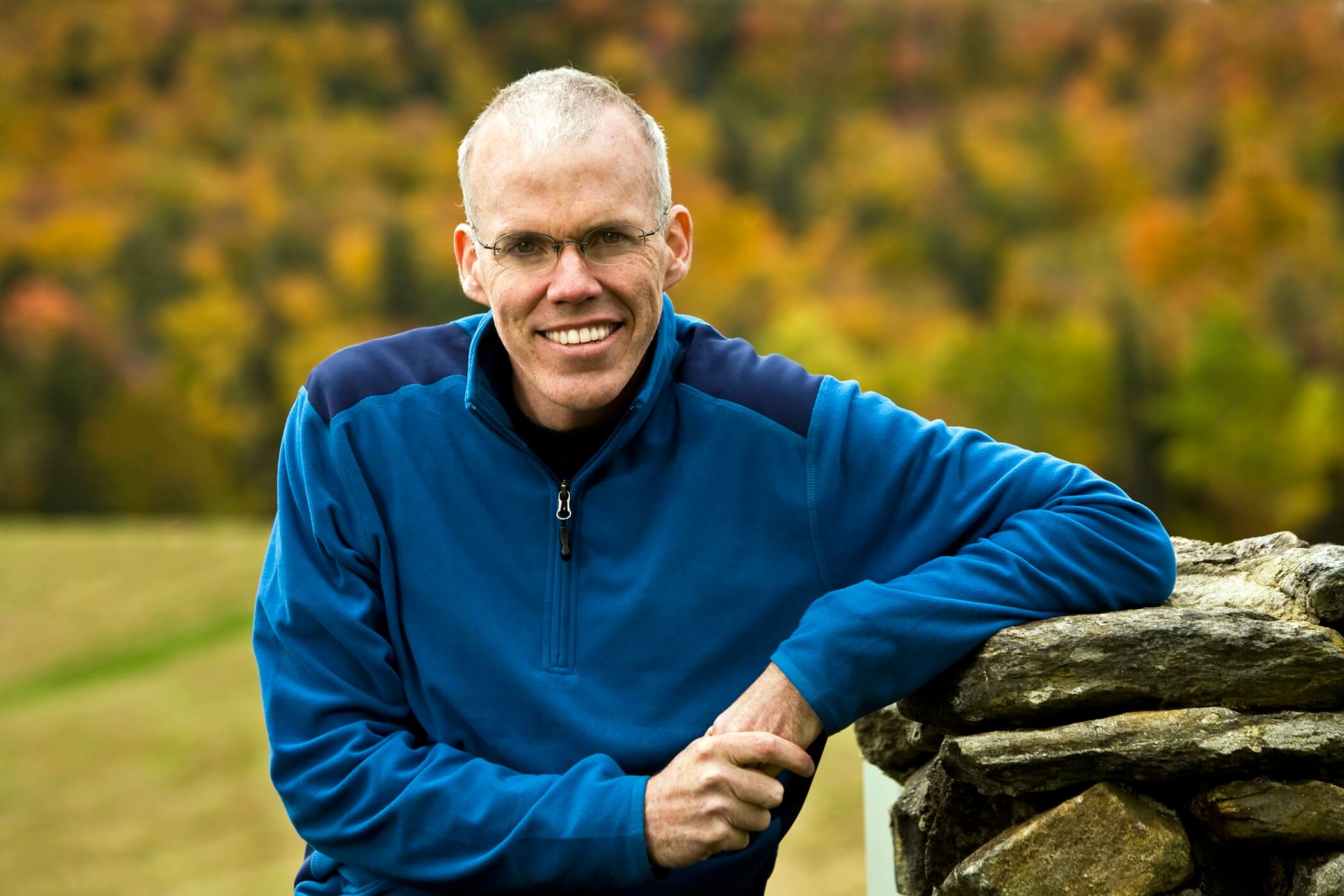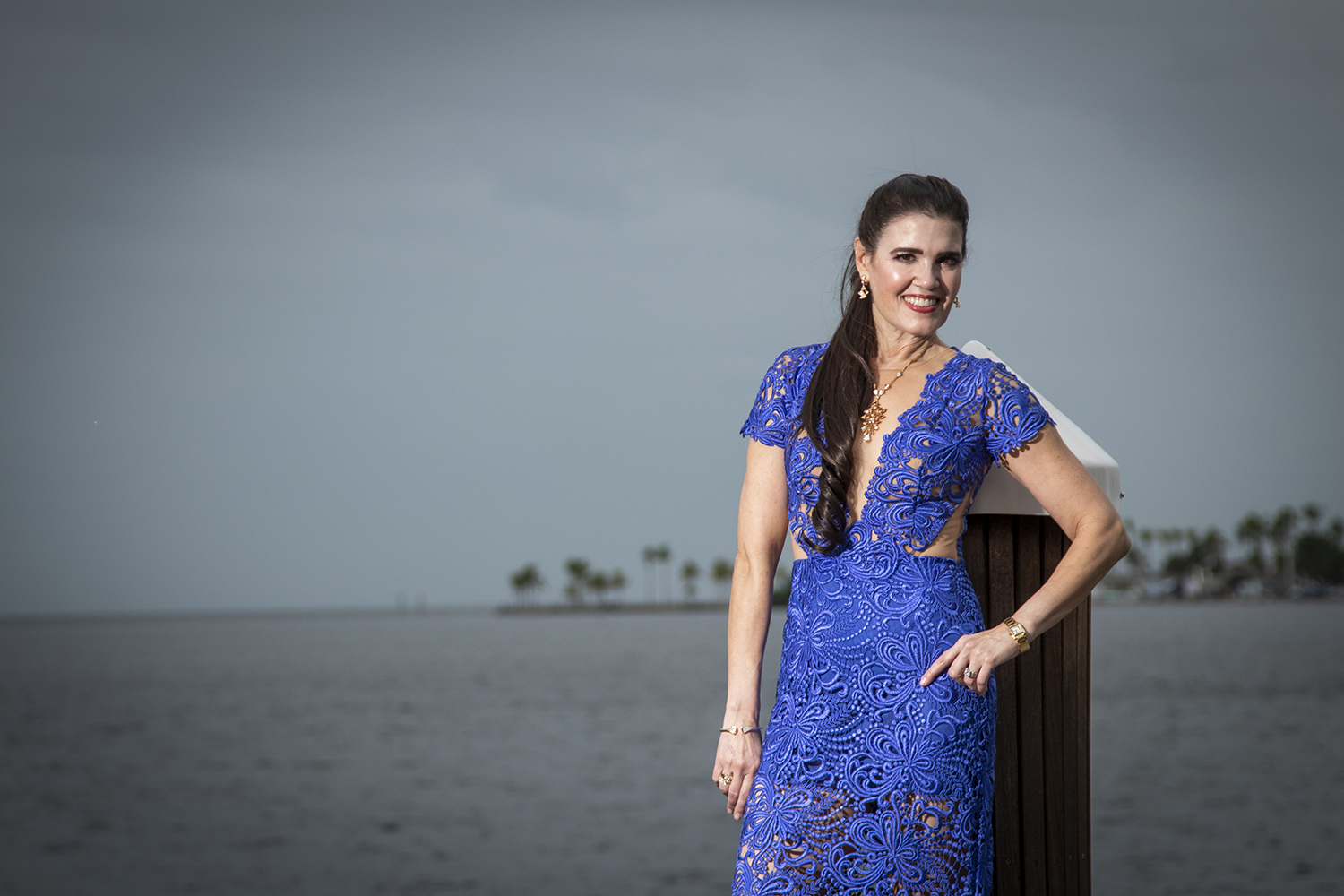Dr. Scott Ross, the vice president and chief medical officer of Cleveland Clinic in Weston, doesn’t have the conventional biography of someone in his position. He took a circuitous route: He knew he wanted to become a doctor, but having lost his mother to cancer when she was 42, Ross says he “came across during the interviews as wanting to do medicine for all the wrong reasons—to avenge my mother’s death at such a young age.” Nearly a decade at South Carolina Electric & Gas Company followed a five-year stint at an HVAC company. His epiphany: “I was a biology major in an engineers’ world, and this is not going to keep me happy when I’m 60 or 70 years of age.” So, Ross left his well-paying job and uprooted his wife and four sons to relocate to Dominica to attend medical school. It’s a long way from electric and gas delivery to organ transplants. Ross spoke to SFBW about the emergence of Cleveland Clinic as a major player in the South Florida medical sector.
I’m interested in midlife career changes, because I’ve been reading that although employers have a preference for younger workers, they actually are more satisfied with their midcareer employees.
When I’m trying to staff a hospital, I will say that the difference is that when you look at someone fresh out of college or graduate school, there’s still an uncertainty, a risk that you take with that person, whereas if you get someone who is seasoned, perhaps their goals in life are much more defined; they realize what’s important to them in a career path. What motivates a younger generation is different from what motivates previous generations, and in healthcare today, stability of the workforce is key.
Cleveland Clinic is a brand that is so venerable and yet it’s identified with a part of the country that’s not Florida, so let’s clear up any kind of confusion.
Cleveland Clinic was founded in in Cleveland, Ohio, and what made Florida attractive for expansion was obviously the snowbirds. The clinic found that a lot of people in Cleveland came down to South Florida for the winter months, so that was what kicked off the opportunity here in Florida. It was 35 years ago that I graduated from high school, and that’s the year that Cleveland Clinic decided that Florida would be its extension outside of Ohio. So, when Cleveland Clinic was built here, it was built with the mindset to mimic the main campus. I tell everybody we’re a mini-main, and that is not just for brand; it’s for the quality metrics that we see.
And how does the Weston campus compare to other Cleveland Clinics around the world?
What you may not know is if you look at Cleveland Clinic in Weston, the complexity of patients that we see is second to main campus only. Cleveland Clinic Weston is second only to the main campus when it comes to the acuity of patients—whether it’s Abu Dhabi, London, Canada, Vegas or the multiple hospitals in the greater Cleveland area. We are one of the smallest, if not the smallest hospital, that actually does kidney transplants, liver transplants and heart transplants. We not only share the name of Cleveland Clinic, but we share the care that the main campus provides. It’s more than a name; it’s a philosophy. It’s an approach to healthcare.
Can you talk about the increasingly high profile of the transplant program?
Twelve years ago, we decided to open up a transplant center—kidney, liver and heart, and we have successfully grown those to make an impact here in South Florida. And when I say an impact here, I’m talking about changing people’s lives. It’s not about being the biggest, because I think we’re all partners. Cleveland Clinic is just one hospital here in South Florida, so we need to be partners with other hospitals. There are other hospitals in South Florida that do kidney transplants, but we just happen to be the unique hospital that does kidney transplants for those patients who entrust us with their care. As far as liver transplants, Jackson still does them, Broward Hospital has been in and out of the market; they’re currently no longer doing them, so Cleveland Clinic is in a unique situation. Not only do we take care of patients that we transplanted or that we’re working up for transplant, but we also take care of all those patients previously transplanted by Broward. We’re their closest facility to provide that post-transplant care. Then if you look at heart transplant, we are one of the fastest growing hospitals.
By Drew Limsky
Photo by Larry Wood



